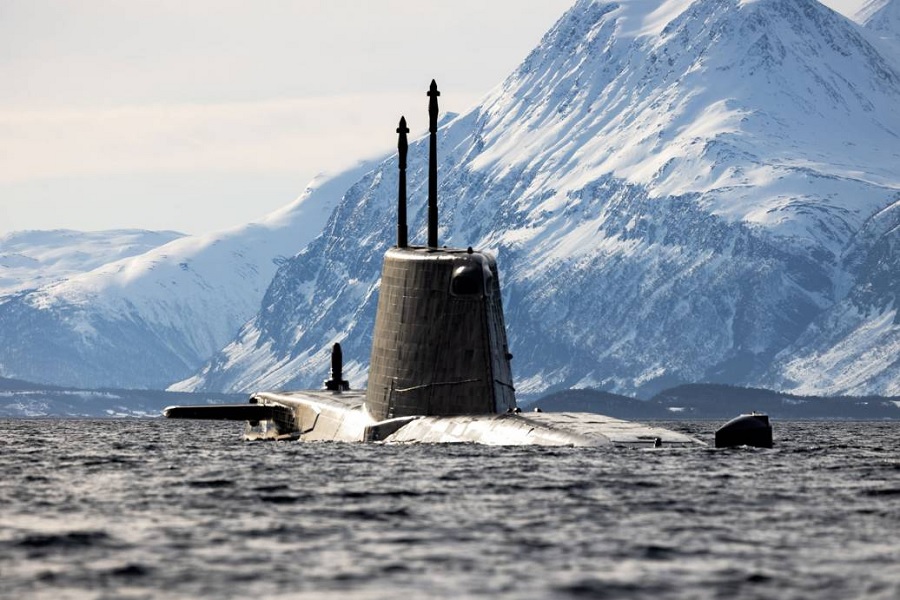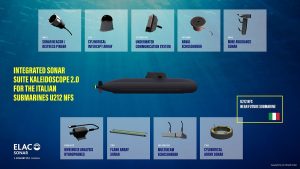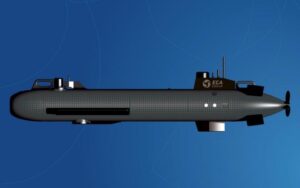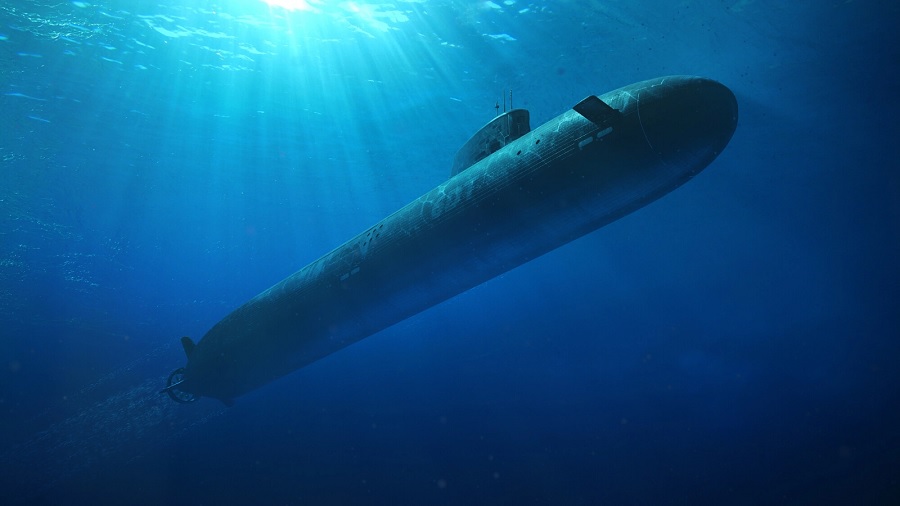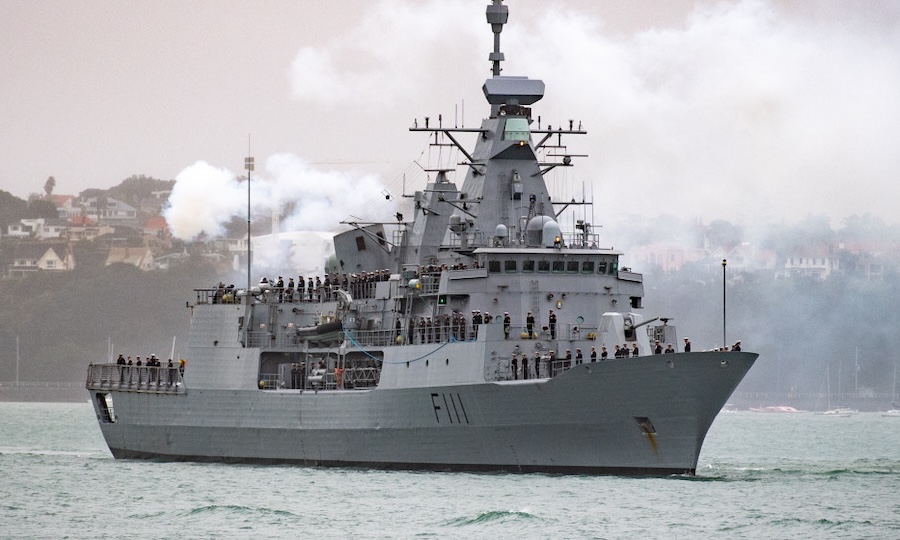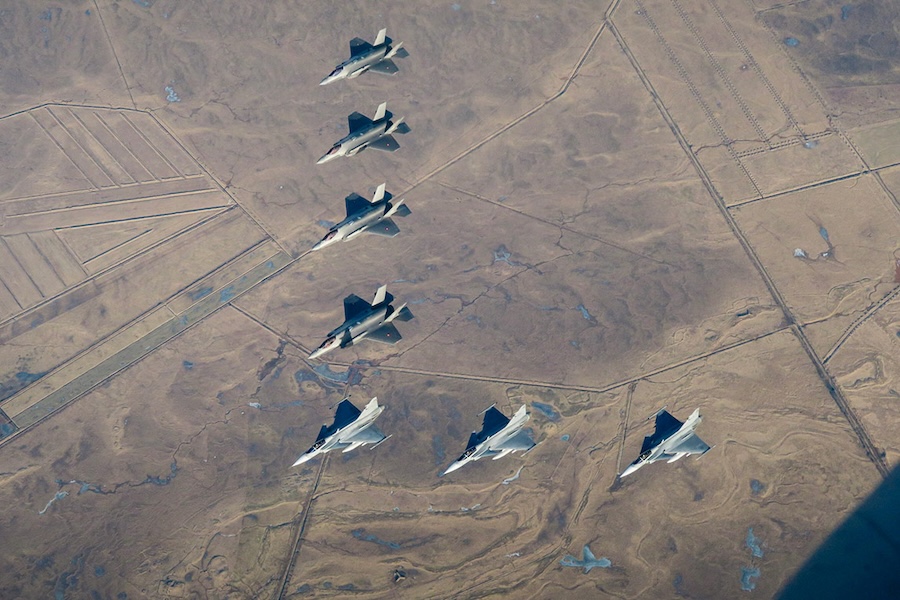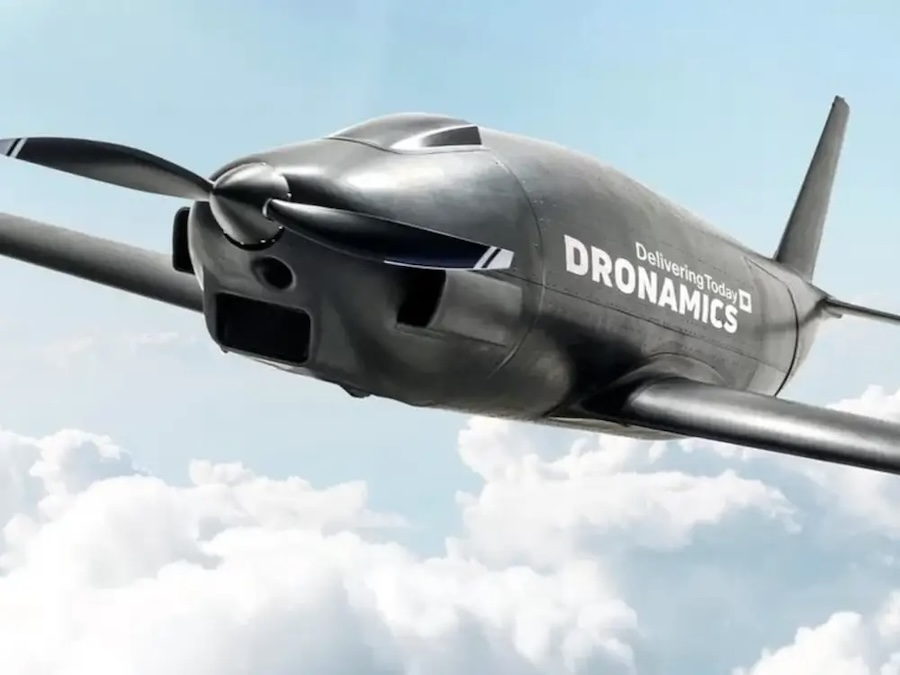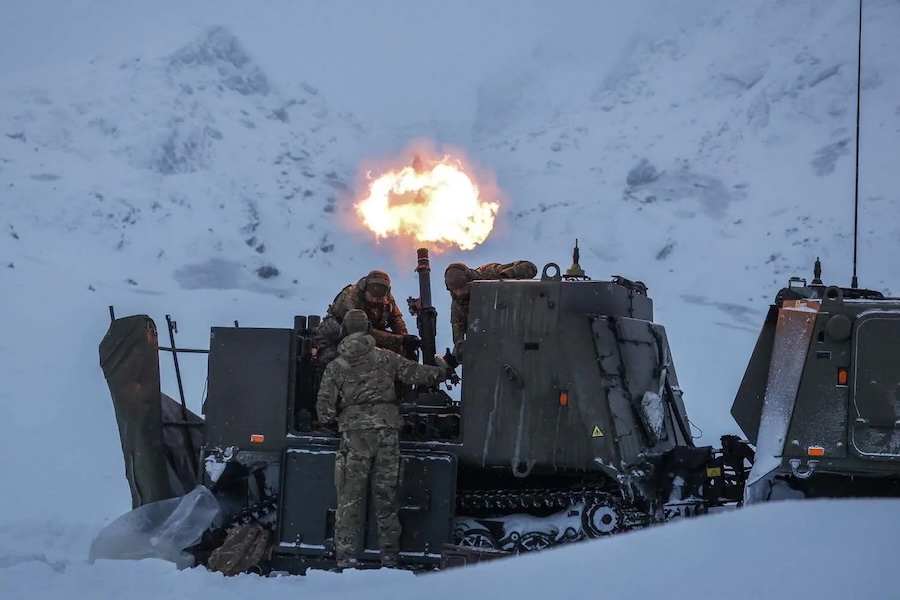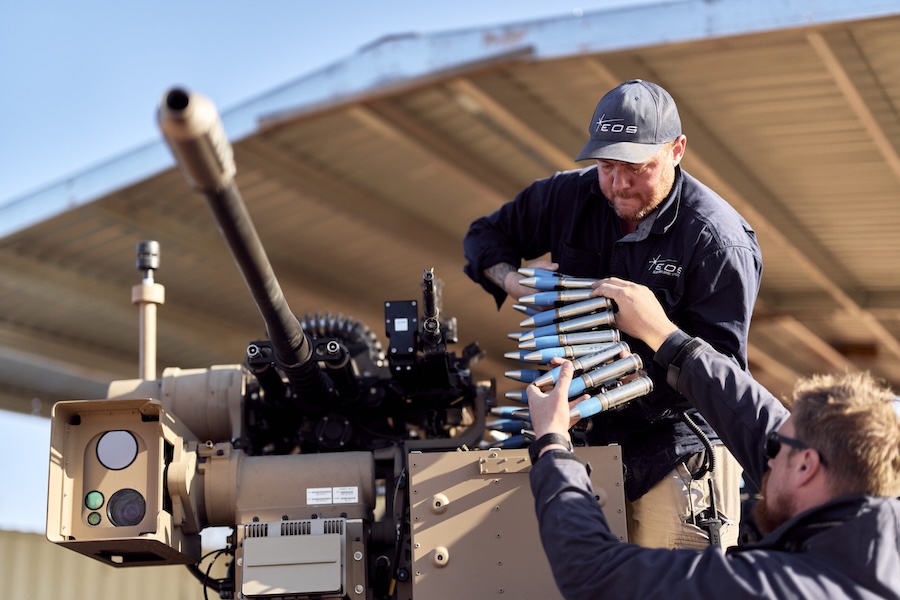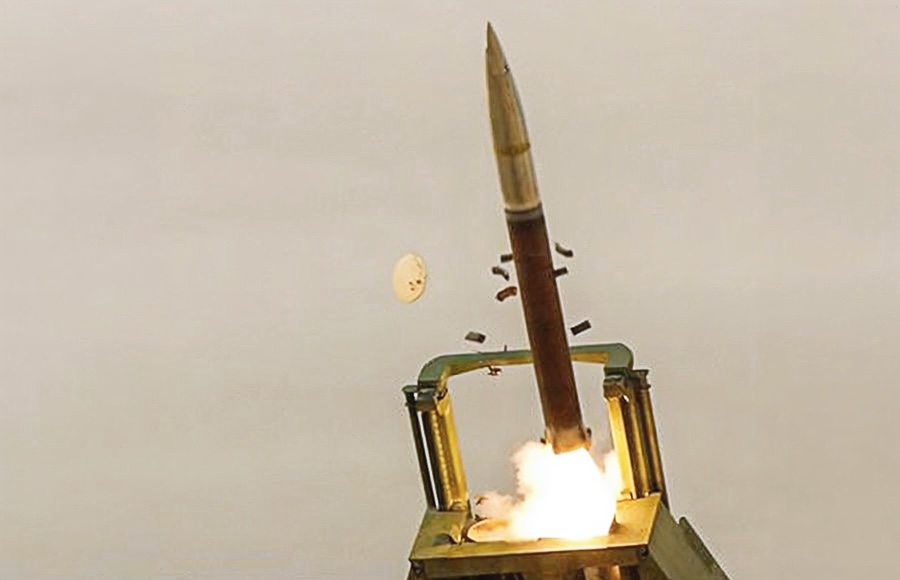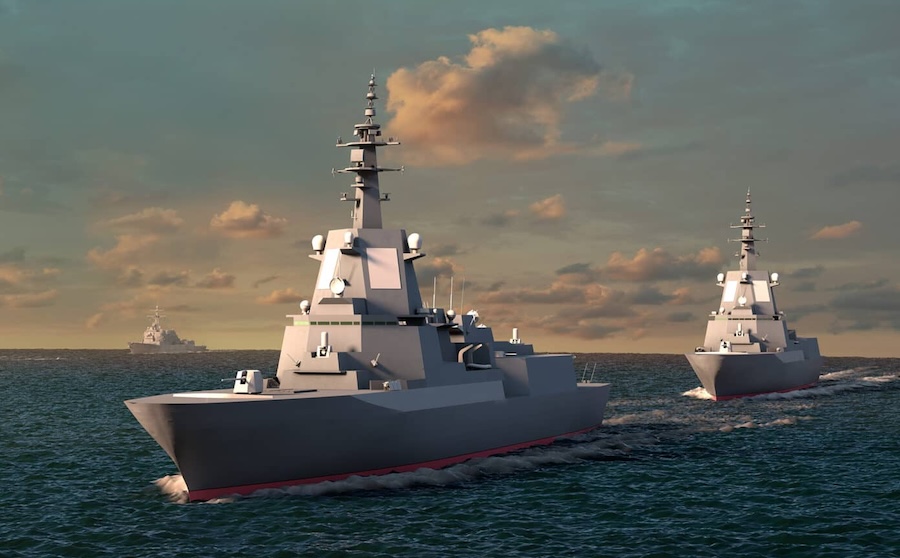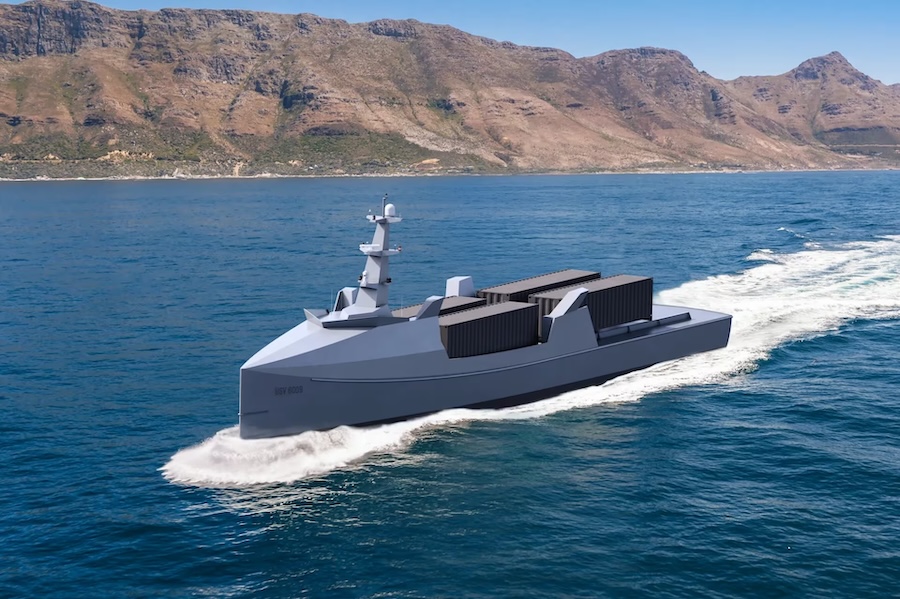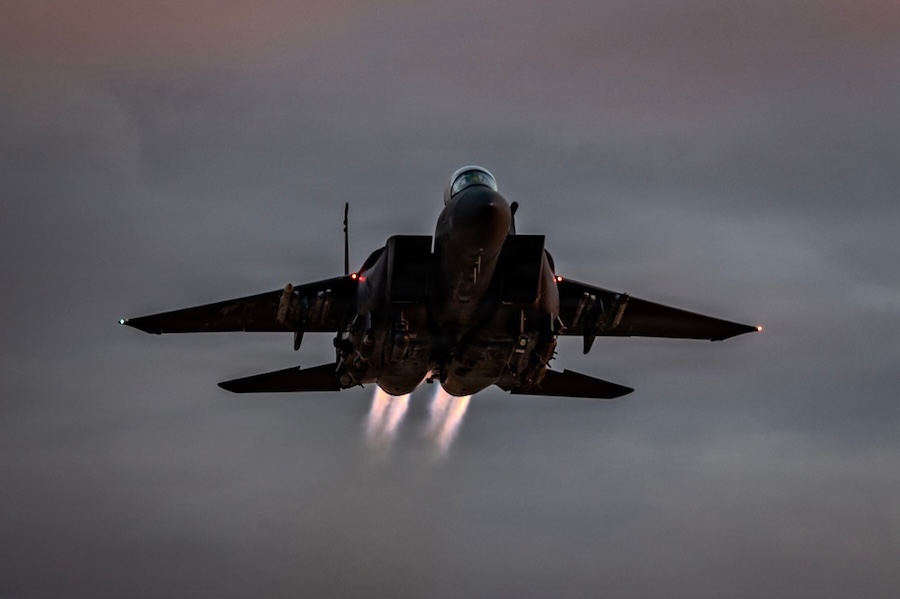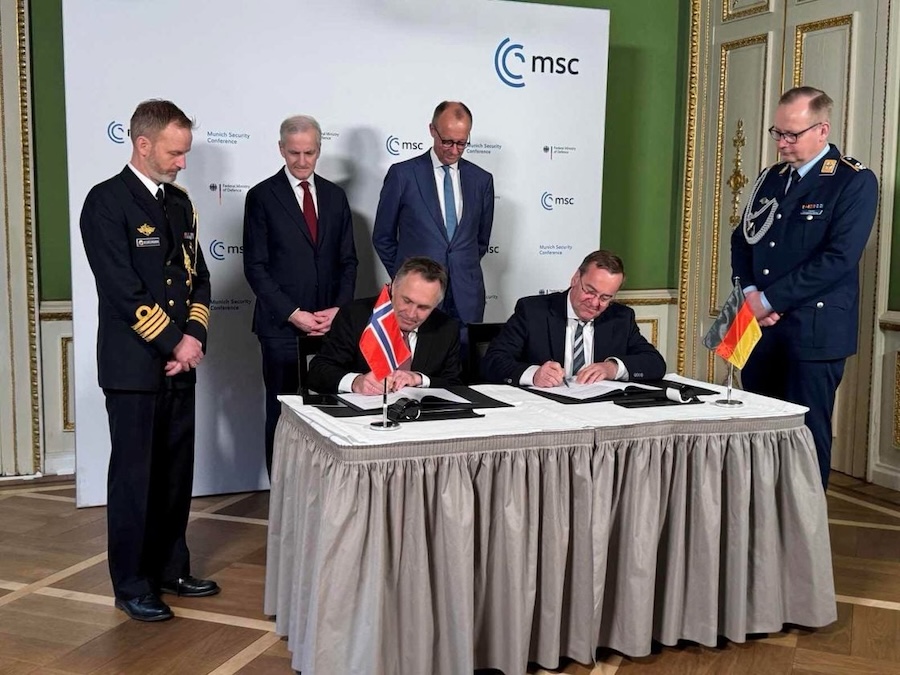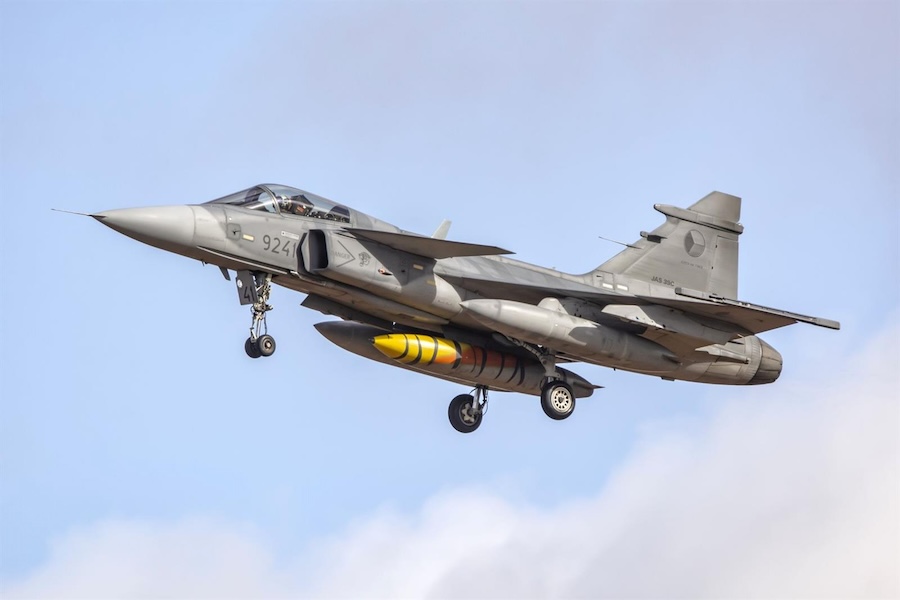Sonar 2076 is currently deployed on the Astute class submarines and will also be fitted to the next-generation Dreadnought class. Sonar 2087 is installed on the Royal Navy’s Type 23 frigates and will feature on the forthcoming Type 26 vessels, including export variants.
Work will be carried out by Marshall’s Advanced Manufacturing Solutions business line, based in Cambridge, UK. This division, formerly known as Aerostructures, also produces auxiliary fuel tanks for the Boeing P-8 Poseidon aircraft, another key element of the UK’s anti-submarine capabilities.
Steven Lockley, Managing Director of Underwater Systems at Thales UK, said: “We are delighted to award Marshall a prominent role in our supply chain for the world’s most advanced sonar suites in recognition of their outstanding technical capabilities and exemplary level of support for flagship UK defence programmes.” He added, “Our collaboration with supply chain partners like Marshall is critical to the continued success of Thales and the Royal Navy’s Maritime Sensor Enhancement Team (MSET) programme, delivering round the clock equipment availability and resilience.”
Lockley emphasised that the partnership would not only enhance operational capability but also sustain employment, innovation and investment in the UK’s maritime sector. He stated it would ensure platforms equipped with Sonar 2076 and Sonar 2087 remain at the forefront of anti-submarine warfare.
The contract builds on a long-standing relationship between Marshall and Thales, supporting manufacturing and integration programmes across land, air and maritime domains for the UK Ministry of Defence. Production of the sonar modules will leverage existing expertise, with additional investment in specialised tooling, electrical assembly, and testing facilities at Marshall’s Cambridge site.
Gareth Williams, Chief Executive Officer of Engineering Businesses at Marshall, commented: “In addition to reinforcing our highly successful partnership with Thales, this new contract underscores Marshall’s position as a global authority on complex subsystem assembly.” He concluded, “We are excited to join the UK’s domestic network of experts supporting our continuous at-sea deterrent.”


